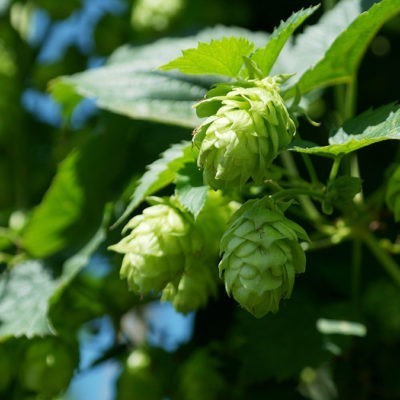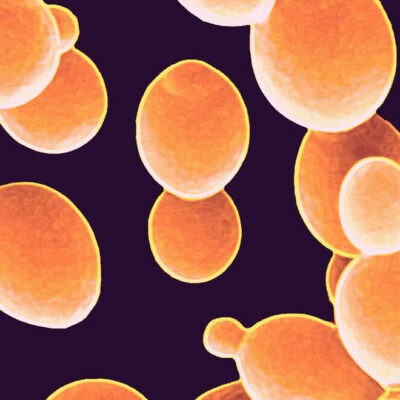Bavarian Beer Purity Law

Marketers often mention the famous Bavarian Beer Purity Law, but I’m sure few people have read it even in translation. We will not be unsubstantiated and provide you with its translation.
The text (translated) of the 1516 Bavarian law is as follows:
We hereby proclaim and decree, by Authority of our Province, that henceforth in the Duchy of Bavaria, in the country as well as in the cities and marketplaces, the following rules apply to the sale of beer:
From Michaelmas to Georgi, the price for one Mass [1,069ml] or one Kopf [bowl-shaped container for fluids, not quite one Mass], is not to exceed one Pfennig Munich value, and
From Georgi to Michaelmas, the Mass shall not be sold for more than two Pfennig of the same value, the Kopf not more than three Heller [Heller usually equals one-half Pfennig].
If this not be adhered to, the punishment stated below shall be administered.
Should any person brew, or otherwise have, other beer than March beer, it is not to be sold any higher than one Pfennig per Mass.
Furthermore, we wish to emphasize that in future in all cities, market-towns and in the country, the only ingredients used for the brewing of beer must be Barley, Hops and Water. Whosoever knowingly disregards or transgresses upon this ordinance, shall be punished by the Court authorities’ confiscating such barrels of beer, without fail.
Should, however, an innkeeper in the country, city or market-towns buy two or three pails of beer (containing 60 Mass) and sell it again to the common peasantry, he alone shall be permitted to charge one Heller more for the Mass or the Kopf, than mentioned above. Furthermore, should there arise a scarcity and subsequent price increase of the barley (also considering that the times of harvest differ, due to location), WE, the Bavarian Duchy, shall have the right to order curtailments for the good of all concerned.
As can be seen from the text, the law primarily regulates beer pricing. And there is no doubt that no one complies with it in this part. (Where in Germany can you buy a liter of beer for a pfennig (half a eurocent at the exchange rate)? And the pfennigs themselves disappeared with the arrival of the euro… As for the “purity” of the beer composition – the law obliges to use barley – the whole point of this decree was just to prohibit the conversion of wheat, so valuable in those hungry times, to beer. However, it does not prevent to write on all German wheat beer that it supposedly corresponds to Reinheitsgebot (it is funny that the Soviet and later Russian GOST, in this matter, is in solidarity with the law – beer according to it is brewed exclusively from barley malt, although the same GOST does not forbid to use any grains, but in the form of sodded materials). And no beer is brewed without the fourth necessary component – yeast. Of course, in the past it was not without yeast, but they were not added on purpose (because they did not know about their existence), and fermentation started spontaneously, by “wild” yeast.
Also, beer has changed a lot over the centuries and many points in this law (not just those indicating prices) have simply been repealed by various rulings.
So, the proud inscription – “brewed in accordance with the Bavarian beer purity law” – is mostly a complete profanation.
Of course, it is worth noting that the reduction of Reinheitsgebot to the formula “malt, hops, water” has brought German beer to the forefront in terms of quality and flavor. However, let’s not forget that Belgian beer, which, in contrast to this law, is widely experimenting with the inclusion of quite exotic additives in its composition, has won itself no less fame and love of real beer connoisseurs.
















